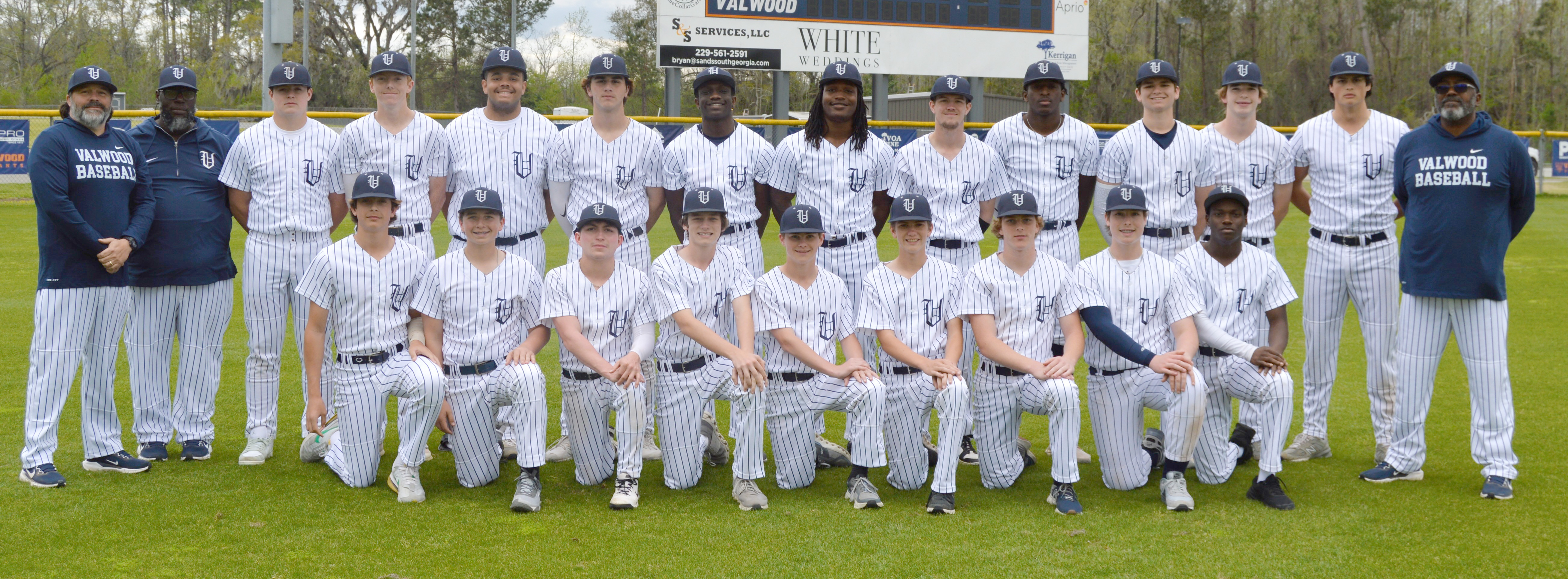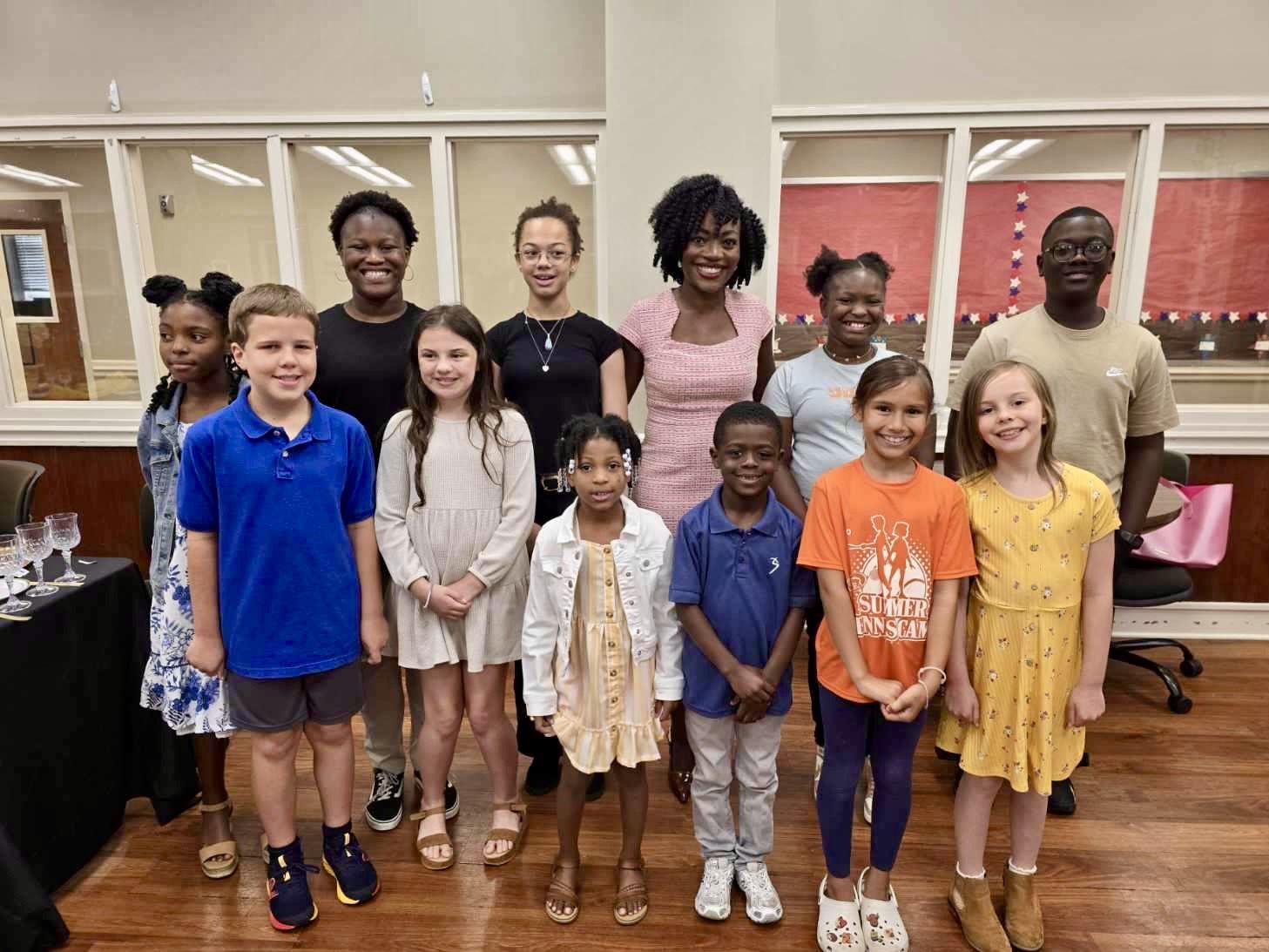Cell phone bans get mixed reviews
Published 9:27 am Thursday, April 24, 2025
There may be a lot fewer likes, comments and subscriptions coming out of Georgia schools next summer when a ban on cell phones for all elementary and middle schoolers is set to go into effect during the school day, pending Gov. Brian Kemp’s signature on a bill.
Ban backers say there will also be a lot fewer distractions and disciplinary problems once devices are out of kids’ hands.
A promising pilot
A handful of districts around the state have implemented their own phone bans. DeKalb County Schools has launched a pilot program in 17 of its schools as part of its “Disconnect to Reconnect” initiative launched in August. Darnell Logan, the district’s director of student relations, said the initial results have been very promising.
During the first semester of the program, the pilot schools saw a 70% drop in student referrals for district due process hearings – hearings for when a school wants to suspend a student for more than 10 days – as well as a 15-16% decrease in suspensions.
Logan said the district already had a policy against using cell phones in class, but before the program, teachers had a hard time enforcing the rule with each of their students. Now, the kids lock up their devices at the start of the day – about half of the participating schools have a phone locker in the classrooms and the other half use special phone locking pouches from a company called Yondr.
Logan said the program was not an immediate hit with students and some parents.
“It varied, you know, the students, of course, were not for the pilot process,” he said. “Parents also had concerns. The main concern for parents was they talked about safety. They felt they needed to be able to contact their students anytime if something was to happen at the school.”
But he said the district stressed to parents that they could get in touch with their students by calling the schools and that procedures are in place for emergencies – for example, administrators are able to unlock the storage devices so students can access their phones after evacuating to a safe place.
Verdaillia Turner, president of the Georgia Federation of Teachers and a former classroom teacher, said she hears the safety argument from parents but rejects it because she says mass shootings are the exception, while teachers are flooded with disciplinary and academic problems caused by kids on phones every day.
Turner said kids are showing declines in imagination and attention span, which she blames on cell phones and social media.
“How many hours are these kids on their phones and their computers, and how are they using them? You tell me why a child needs a cell phone. Parents who complain about the cost of various educational apparatus and educational support that they should be adding are the same folk that’s paying money for cell phones.”
Logan said his team is conducting regular interviews during the pilot, and even some of the students are coming around to the ban.
“Of course there’s kids who say they don’t like it, but then those same kids who don’t like it have also said ‘it does help me focus or pay attention, it has helped me to be more sociable,’” he said. “Kids have stated that they have made new friends and talked to people that they normally would not have talked to because they were so engaged on their phone scrolling during the school day.”
Some students try to get around the ban – either by finding creative ways to open the pouches or locking up a decoy phone and keeping their real one in their pocket – but a few ne’er-do-wells don’t spoil the overall benefit, Logan said.
“Even if those things happen, we are still not seeing students readily pulling out their phones, using the phones during the school day,” he said. “Our ultimate goal was to hit 75 to 80% of our students with this initiative, and we’re truly reaching that at this point. Because if you walk into a school that is doing our Yondr pilot program, you’re not going to see phones out as you would have in previous school years.”
Nia Batra, a member of the Georgia Youth Justice Coalition and a student at Decatur High School, said she’s a fan of her school’s phone ban. She said the policy there is to lock up phones at the beginning of every period – more lenient than the pending bill, which would call for a ban between the first and final bells.
Batra said unplugging, even for just the school day, can help students dealing with anxiety or other issues and help them focus on their academics instead of what their friends are up to.
“We know that anxiety and depression is rising because of the constant use of smartphones, and especially since the pandemic, students just don’t have face-to-face conversations with each other. It’s really difficult to get students to engage with one another,” she added.
“After the ban, a lot of people are actually going like, ‘now I’m actually focusing on my learning, I’m getting work done in class, I’m less stressed about it, I can actually focus on what’s going on,’” she added. “So there’s a little bit of personal, like, ‘OK, yeah, this actually benefits me.’”
‘Real school safety measures’
While she supports keeping cell phones away during school hours, Batra said the safety argument resonates with her and a lot of other children.
“We had a lockdown last year in our school after a gun went off,” she said. “I remember hiding under my desk. I was texting my parents and my sister, like, ‘I love you, and I don’t know what’s going on. I’m really scared.’ And so whenever I have to put my phone in a box, I’m thinking about that. I’m thinking about what if something were to happen again, and I can’t text my family? We just had the deadliest school shooting in Georgia.”
Batra was speaking about the September shooting at Apalachee High School in Winder that took the lives of two students and two teachers.
The shooting has changed a lot for Layla Renee Contreras, including her thoughts on school cell phone bans. Contreras is lead organizer for Change for Chee, an organization pushing for safety improvements in the wake of the shooting. She’s also an Apalachee High School graduate, and her mother and sister were at the school during the shooting.
“Technology is part of our new normal and it’s going to be,” she said. “Kids need to realize that there’s a time and place for cell phones and during school isn’t one of those, but it shouldn’t be taken off of their person in case of an emergency.”
Contreras said safety protocols like unlocking storage devices after an evacuation may be well intentioned, but may not be followed during a chaotic situation like a school shooting.
“Teachers, being part of a procedure, grabbing a cell phone box is not going to be the No. 1, it really isn’t,” she said. “I definitely want to have it be part of that, but the way the kids and teachers described to me, it was just a matter of protecting themselves and getting to a safe spot. They’re not going to be worrying about XYZ grabbing a specific list or a box of cell phones. It’s a matter of life or death, and the kids having it on their person already, I mean, that’s the quickest way, to just have it on them.”
Contreras said she would like to see lawmakers take action on gun storage laws or a database on student disciplinary problems that can follow students when they transfer schools.
The teenage suspect in the Apalachee shooting was interviewed by law enforcement a year before the attack regarding threatening social media posts targeting another school in Jackson County, but that information did not follow him when he transferred to Barrow County.
Lawmakers passed a bill this year with sweeping provisions aimed at preventing another shooting, including requirements that schools quickly send transfer student records to their new district, but some major provisions were stripped out, including the creation of a statewide database on students who may pose threats.
State lawmakers have proposed bills to encourage Georgians to buy gun lockers and other storage devices through a tax credit or to create a law punishing people whose improperly stored guns are accessed by minors and used in a crime. Neither bill moved forward this year.
“To be honest, this is a performative ban, because the phones aren’t the enemy here, inaction is, and we need to be talking about real school safety measures,” Contreras said. “That could look like more gun safety laws or seeing a threat database be installed and put into place or addressing more root causes of mental health.”
Though she supports the ban, Batra said she doesn’t feel especially supported by lawmakers either.
“When we’re talking about health and safety, if we’re not making the same investments in counselors and gun safety as we are for phones, it makes us feel like they care more about our test scores than our actual lives,” she said. “It’s not about our mental health as far as phones, it’s about what level of achievement can we generate.”





